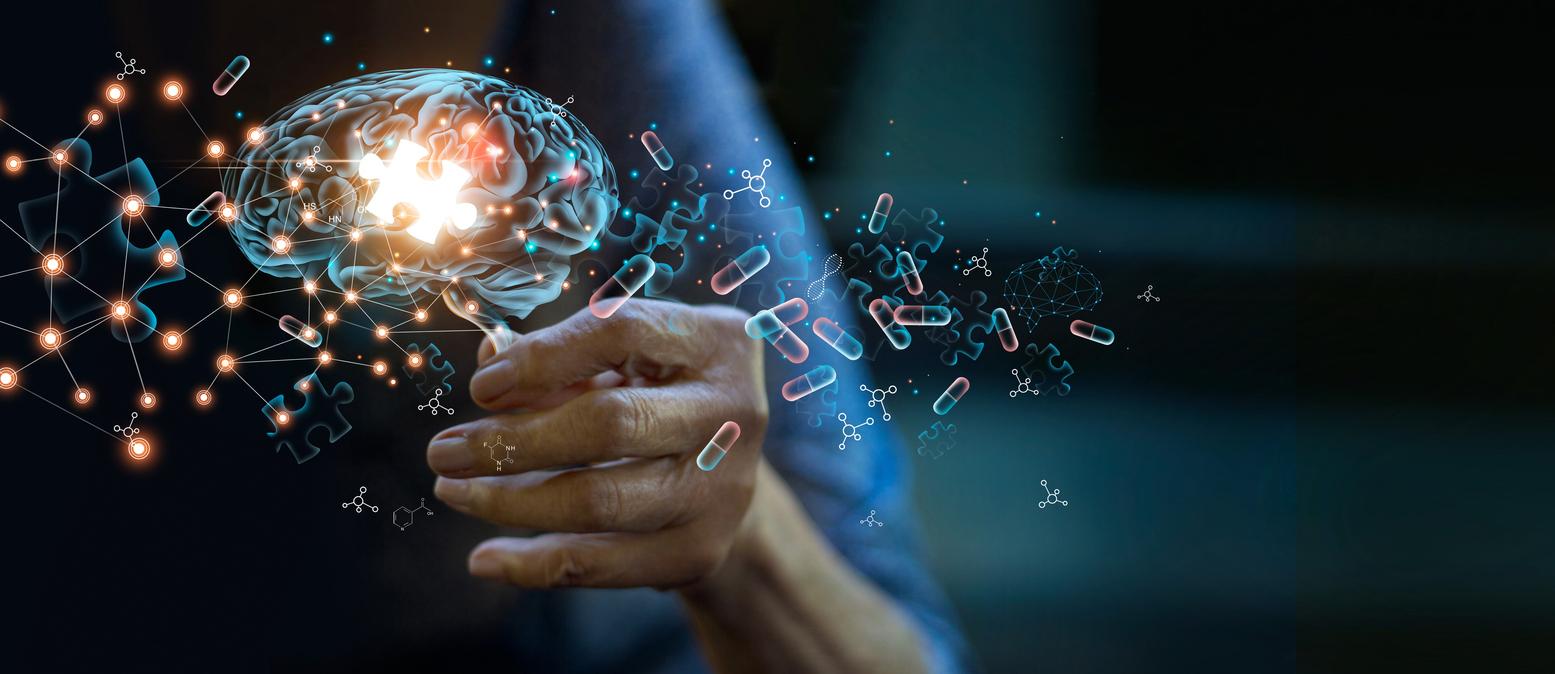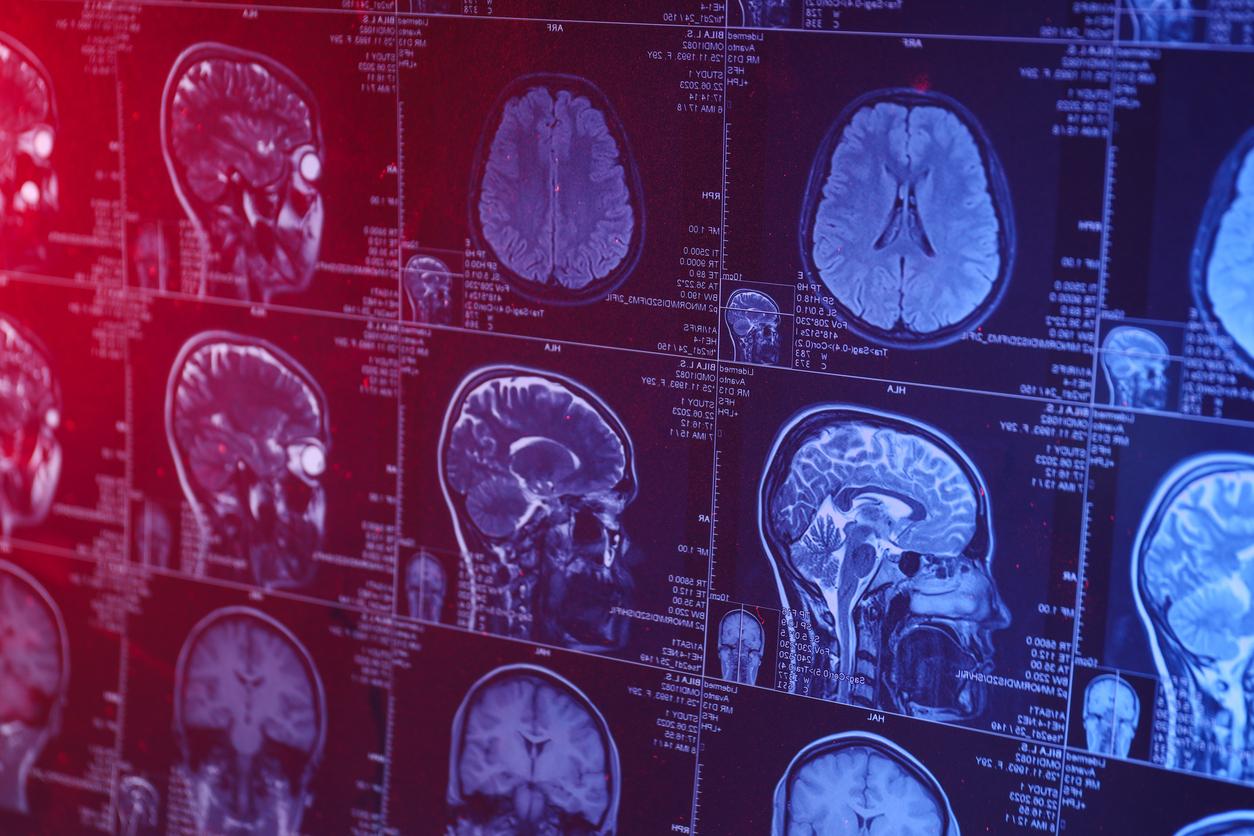A new treatment has been administered to children suffering from hemifacial myohyperplasia, a childhood disease causing deformation of half of the face. And the results are very encouraging.

- A new treatment appears effective in children with hemifacial myohyperplasia, a disease causing deformation of half of the face.
- Mutations in the PIK3CA gene are believed to be the cause of the appearance of this childhood pathology.
- The treatment used, alpelisib, is already prescribed for children suffering from another malformation disease, Cloves syndrome (which enlarges several parts of the body).
Hemifacial myohyperplasia is a childhood disease that affects the facial muscles and results in an asymmetrical deformation of half of the face. It begins in childhood and gives the impression that one side of the face is permanently swollen.
The mechanisms and causes of this disease were previously unknown. No treatment existed to date. But an unexpected discovery is about to significantly change the lives of these young patients.
A childhood disease that distorts the face
It all starts with Professor Roman Khonsari, maxillofacial and pediatric plastic surgeon at the Necker-Enfants Malades hospital in Paris. In fact, he regularly follows five young patients with this hemifacial myohyperplasia and finds that their facial deformation seems to correspond to spasms. To find out for sure, he performed MRIs on these children and adolescents and discovered that the muscles were not contracted but hypertrophied.
From there, Professor Guillaume Canaud and his team decided to study a particular gene that could be related. Indeed, a researcher at the Necker-Enfants Malades hospital, he had already identified the genetic mutations of the PIK3CA gene responsible for another malformative pathology, the Cloves syndrome, which cause deformations of many parts of the body including the face. The team of researchers demonstrated mutations in this same PIK3CA gene in hemifacial myohyperplasia, thus confirming its role in the onset of the disease.
The recent data from this study appeared in the JEM (Journal of Experimental Medicine) on September 15, 2023 and were the subject of a press release from theINSERM on September 18, 2023.
An already known treatment that blocks mutations in a particular gene
Treatment given to children with Cloves syndrome,‘alpelisib (an inhibitor initially developed for the treatment of cancer) was therefore given to those with hemifacial myohyperplasia. And the results were conclusive.
Indeed, the facial muscles have decreased in volume and led to a significant aesthetic improvement. In addition, positive results were also observed on the functional side such as speech.
The work suggests that this treatment should be daily and for life.
Another great therapeutic advance in pediatrics.
















